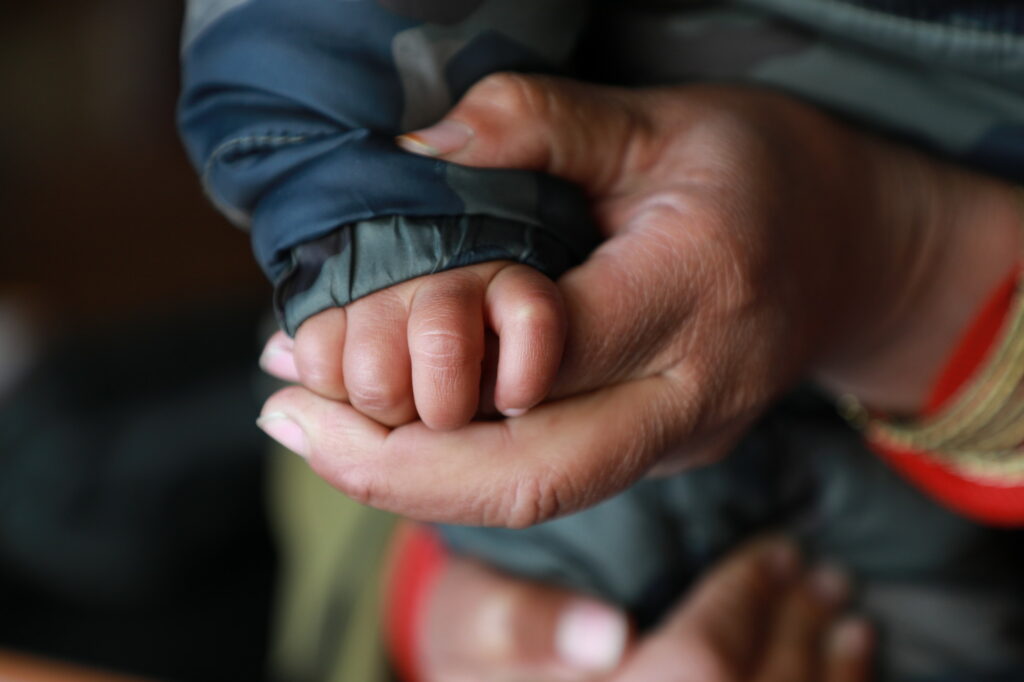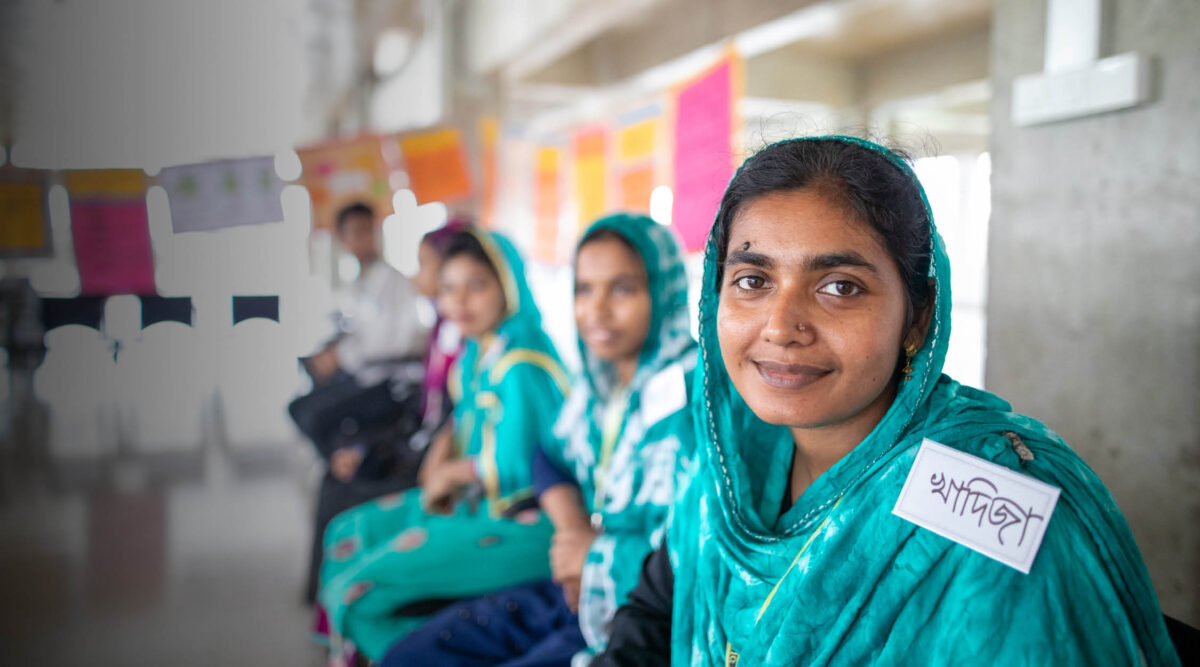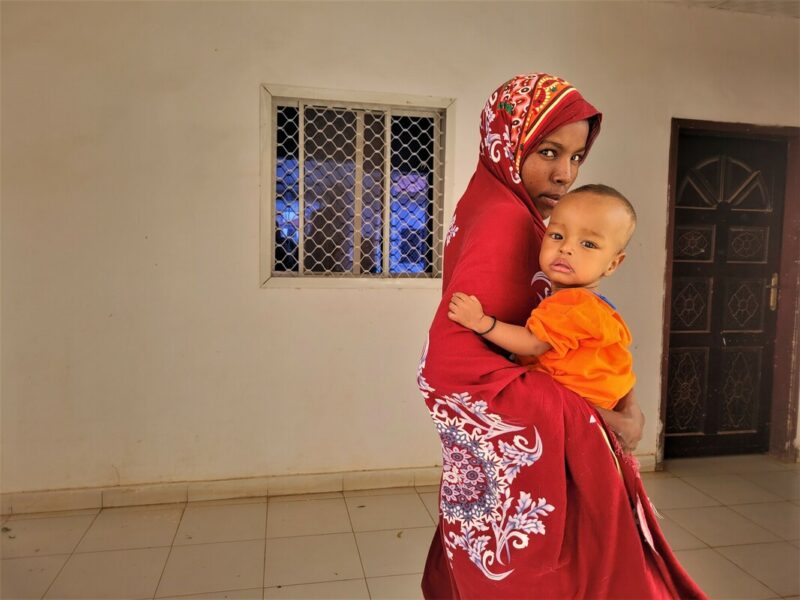Rapidly escalating hunger crisis in Afghanistan - Donate Now
Rapidly escalating hunger crisis in Afghanistan - Donate Now

Massive earthquake shocks south-east Afghanistan
Early in the morning of 22 June, an earthquake of magnitude-6.1 took the lives of at least 1,000 people, destroying the homes and infrastructure of thousands more. With a shock felt as far as 500km away, the epicentre was in the country’s south-east, near Khost, where CARE runs health, education and livelihoods programs.
“CARE is very concerned for the most vulnerable who may not be living in the sturdiest houses,” says Dr Mohammad Anwer, CARE Afghanistan’s Head of Health Unit. “Today CARE sent a mobile health unit to the earthquake-affected area. The team comprises a doctor, midwife and psychosocial and nutrition counsellors. They will provide first aid trauma care and lifesaving primary health care to those most in need.
CARE is also sending emergency relief supplies to the area and plans to scale-up its response to support families in urgent need of shelter, food, water and medical supplies.
The situation in Afghanistan has been tumultuous for some time: conflict forced more than 700,000 people from their homes in 2021, drought, rising food prices, COVID-19, and economic decline have contributed to around half the country going to bed hungry each night.
“The triple crisis of the economic hardship created by the pandemic, drought and the current insecurity leaves women in an incredibly difficult situation,” says Marianne O’Grady, CARE Afghanistan’s Deputy Country Director. “CARE is deeply concerned that hard-won gains by women and girls are being rolled back.”
Some are resorting to selling their own children or organs, just to put food on the table. The international community must not turn its back on vulnerable Afghans, including women and girls.
Please give now, to help lifesaving humanitarian assistance reach the most vulnerable families affected by the crisis in Afghanistan.
Farzaneh* (with her back to the camera) visits a doctor at the CARE-run health clinic. Farzaneh is nine months pregnant, and had only seen a doctor once before during her pregnancy. She heard CARE was running a clinic in her community and, as she was feeling dizzy that day, decided to walk down and meet with one of the doctors. Farzaneh told a CARE staff member that if it weren’t for this clinic, she wouldn’t have seen a doctor, as she can’t afford the transport costs to travel to a regular clinic. This is unfortunately all too common in Afghanistan, which is why these critical health services are so important. Image © Suzy Sainovski/CARE.

Fatima’s* husband has been sick for years, so can’t work, and her work is very irregular. Fatima said, “My neighbour knew our desperate situation. They asked if I would sell my seven-month-old daughter to them for between 20,000 and 30,000 Afghanis ($300 to $450). We didn’t want our baby and our other children to die so we agreed to sell her. I didn’t sleep for the next week knowing I was losing my baby. Then we got a call from CARE saying we would be getting cash assistance. I just started crying. We stopped the sale of our baby. Now I can buy my children food and have some food for me as I am still breastfeeding. We will also get treatment for my husband.” Image © Suzy Sainovski/CARE.
What CARE is doing
CARE is sending a mobile health unit to the earthquake-affected areas to assess the situation and provide support to those in need. More information on our response to the earthquake will be available as details emerge.
Since July 2021, CARE has reached over 200,000 people with humanitarian assistance, 75% of whom are women and children. CARE Afghanistan has reached the most vulnerable with emergency supplies and cash so they can afford food, shelter, and protection. This will also support the local economy and the livelihoods of host communities, which have been severely impacted as well by the worsening crisis.
CARE is continuing to support vulnerable men, women and children in Afghanistan by providing critical health services, cash assistance, essential food items, winter kits and livelihood assistance. CARE is providing hygiene kits to prevent further risks of COVID-19 transmission.
How will my donation support people in Afghanistan?
The funds raised through this appeal will be used to provide and advocate for immediate and longer-term humanitarian assistance to communities affected by the crisis in Afghanistan. This includes:
- Critical emergency relief assistance, such as food, water, sanitation, shelter, health, and protection
- Longer-term assistance, with a focus on protection, education, health, shelter, water and sanitation, and livelihoods
- Support as possible and needed for those displaced both internally and across international borders by the humanitarian crisis in Afghanistan.
CARE has worked in Afghanistan since 1961. We are a trusted provider of humanitarian assistance, with strong relationships in local communities. Today, we work both directly and through local partners.
Our response work so far
Donations to CARE have already helped our team in Afghanistan deliver the following vital support:
- Emergency supplies and cash have been distributed to 84,881 people, so they can afford food, shelter, and protection. This is also supporting the local economy and the livelihoods of host communities, which have been severely impacted by the worsening crisis.
- Mobile Health and Nutrition Teams have delivered healthcare to 33,444 people.
- 364 public health workers have been equipped with PPE and trained in COVID-19 response measures, including screening, detection of suspicious cases and home-based treatment for mild cases and referral pathways for severe cases.
- Lifesaving COVID-19-fighting medical equipment including oxygen regulators have been provided to nine health facilities and two dedicated COVID-19 hospitals — enough to treat more than 20,000 people.
- Three public health facilities have been equipped with enough medical supplies and equipment to meet the needs of more than 7,000 people.
- Enough emergency medication and equipment has been delivered to meet the needs of more than 125,000 people.
Please give now, to help lifesaving humanitarian assistance reach the most vulnerable families affected by the crisis in Afghanistan.
Donate by phone
Call 1800 020 046 toll free and pay by credit card.
Donations over $2 are tax deductible.
Should the funds raised through an emergency appeal exceed the amount required to meet the immediate and longer term needs of the people in the affected areas, or if there are changes in circumstances beyond CARE’s control which limit its ability to utilise all funds in the affected areas, CARE will direct excess funds to other emergency relief activities in the future.
Monthly donation will go to emergency relief & preparedness activities where it is needed most.


